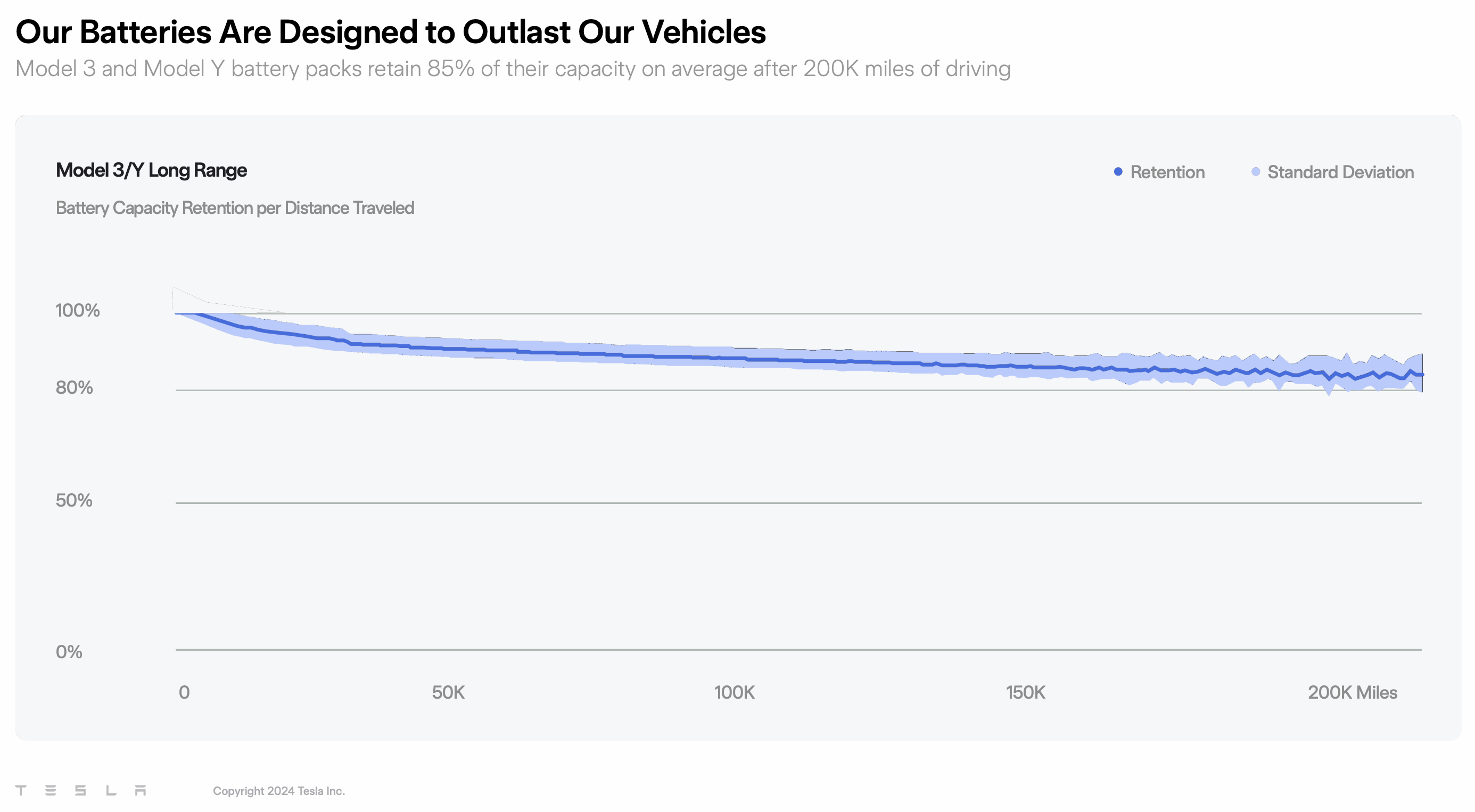
Every year, JD Power surveys potential car buyers in Canada to determine their attitudes about electric cars. The results of the 2023 survey were released on June 29th, and they show that the percentage of Canadians who are interested in purchasing an electric car has dropped 13 points since last year’s survey.
In this year’s survey, 66% of respondents said they are either “very unlikely” or “somewhat unlikely” to consider an EV for their next vehicle purchase. Only 34% said they would consider an EV, down from 47% in 2022. By comparison, in a similar survey in the United States, 61% of consumers said they are “very likely” or “somewhat likely” to consider purchasing an EV this year.
“Despite current legislation that is pushing hard for EV adoption, consumers in Canada are still not sold on the idea of automotive electrification. Growing concerns about affordability and infrastructure (both from charging and electrical grid perspectives), have caused a significant decline in the number of consumers who see themselves in the market for an EV anytime soon,” said J.D. Ney, director of the automotive practice at J.D. Power Canada. “Despite a lower consideration rate year over year and a widening consideration gap to automobile shoppers in the US, there is still a committed group — 34% — of consumers in Canada who say they are likely to consider an EV in the next 24 months.”
The JD Power Canada EV Survey
Here are the key findings from this year’s survey of Canadian drivers:
- EV consideration declines year-over-year: Nearly two-thirds (66%) of automobile shoppers in Canada say they are either “very unlikely” or “somewhat unlikely” to consider an EV for their next vehicle purchase. That is up 13 percentage points from 2022 (53%). In the US, by contrast, the number of consumers who say they are either “very likely” or “somewhat likely” to consider purchasing an EV has increased to 61% this year, up from 59% in 2022.
- Range anxiety, purchase price and charging infrastructure are top roadblocks: Among consumers in the Canadian market who say they will not consider an EV for their next vehicle purchase, limited driving distance per charge is the most frequently cited obstacle to consideration (63%). It is followed by purchase price (59%) and lack of charging station availability (55%).
- Lack of consumer exposure presents EV adoption challenges: Despite widespread awareness of EVs and growing efforts by manufacturers to make EV test drives available to consumers, 55% of vehicle shoppers have never been in an EV. Among consumers in Canada who have rented, borrowed or test driven an EV, 43% say they are “somewhat likely” or “very likely” to consider an EV.
- EV consideration varies notably by geography: The rate of EV consideration is highest in Western Canada, with 46% of consumers in British Columbia indicating interest in EV ownership. Residents of Quebec (39%) and Ontario (34%) have middling interest in EV ownership, while residents in the Atlantic Canada (26%) and Prairie (22%) regions have the least interest.
“Against this backdrop, it is going to take significant investment and close collaboration between manufacturers and lawmakers to address issues of overall affordability, capability and infrastructure before Canada can reach its national and provincial EV sales targets,” Ney said.
The Canada Electric Vehicle Consideration (EVC) Study is an annual industry benchmark for gauging EV shopper consideration. Study content includes overall EV consideration by geography, demographics, vehicle experience and use, lifestyle, and psychographics. It also includes model-level consideration details such as cross-shopping and “why buy” findings and analysis of reasons for EV rejection. This year’s study measured responses from 4,488 consumers and was conducted in April and May of this year.
EVs & Canada
Cara Clairman, CEO of Plug’n Drive, a non-profit agency that promotes electric cars, told CTV News Toronto that even though many Canadian drivers have range anxiety, most of them only take one to three long trips a year, which means an EV would meet all their driving needs the vast majority of the year. “Eighty per cent of Canadians drive 50 kilometers or less a day, so for most of us, this long distance driving is not actually a concern,” Clairman said. “If you spend $1.50 on gas per liter, I spend about 30 cents a liter equivalent with my electric car, so you can save thousand of dollars a year on fuel alone.”
Advocates for electric vehicles say more people would buy them if they tried them out. More than half of all Canadians have never even sat in an EV, and research shows that drivers who rented, borrowed, or test-driven an EV are more likely to purchase one.
All that may be so, but why has the percentage of people who might consider buying an electric car in Canada dropped since last year? EV adoption rates are soaring in many countries around the world, even in the US where interest in EVs have been very slow to develop. I am not an expert on electric car attitudes, nor have I ever played one TV, but I got a hint about what might be going on last week while attending a backyard barbecue with family and friends.
EV FUD
My wife and I had just purchased a used Chevy Bolt and we were telling people about it. One person in attendance listened for a while and then said, “I would never buy one. Those cars are no good in the winter.” Well, that’s OK. Everyone is entitled to their own opinion. But how does an 80-year-old person know these things? Opinions and attitudes don’t spring up spontaneously.
The answer may be FUD — the fear, uncertainty, and doubt peddled by those whose livelihood depends on preserving the status quo. You don’t have to be an internet junkie to hear such things on radio or see them in the newspaper. The fossil fuel interests are busy planting such stories. In fact, there is a whole industry based on tearing down any new technology like renewable energy or electric cars that might disrupt traditional businesses which rely on fossil fuels.
Let’s be honest. Today’s electric cars do suffer a decline in range in cold weather. Conventional cars also are less fuel efficient in winter, but to a lesser degree. Electric cars do require some different thinking. They need to be plugged in, and when you go out of town, you need to have an idea where you can charge them before you leave home. None of those things make EVs unusable. They may be different and require a different level of engagement from drivers, but smartphones also require new skills. If you can master a smartphone, you can master an electric car.

As smoke from the forest fires raging across Canada reaches Europe and the United States, we might hope some people in Canada will make the connection between burning fossil fuels and burning forests. It’s not that hard a concept to grasp. If we continue to do what we have always done, we will destroy the Earth’s ability to support human life. Period. Full stop. Yet people don’t want to hear that. They want things to be the way they always were. They don’t want progress if it means they have to alter their lifestyle.
The best way to overcome the FUD about electric cars is to get people to drive them, and yet there are very few organized events where people can do so. Many dealers have no interest in selling electric cars, and even less interest in educating people about them. The only people who don’t like electric cars are people who have never ridden in an electric car. It’s wonderful that the Canadian government is promoting the installation of more EV chargers all across the country, but it might get more bang for its buck if it sponsored EV ride-and-drive events.
People are skeptical of new ideas and new things. They need a reason to want them, and saving the Earth is not high on most people’s agenda. Climate change is an abstract concept. Wafting along in a nearly silent electric car is intensely personal. We need people to do more of that.
I don’t like paywalls. You don’t like paywalls. Who likes paywalls? Here at CleanTechnica, we implemented a limited paywall for a while, but it always felt wrong — and it was always tough to decide what we should put behind there. In theory, your most exclusive and best content goes behind a paywall. But then fewer people read it! We just don’t like paywalls, and so we’ve decided to ditch ours. Unfortunately, the media business is still a tough, cut-throat business with tiny margins. It’s a never-ending Olympic challenge to stay above water or even perhaps — gasp — grow. So …




